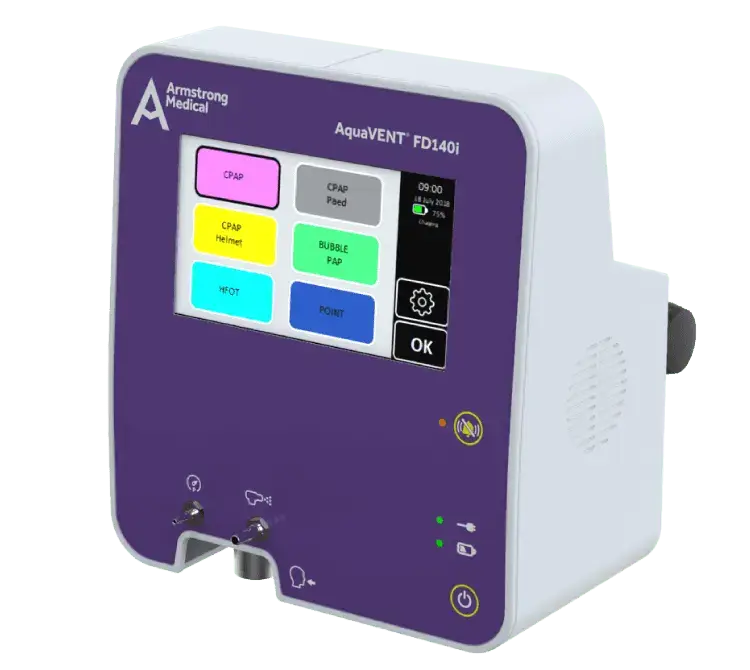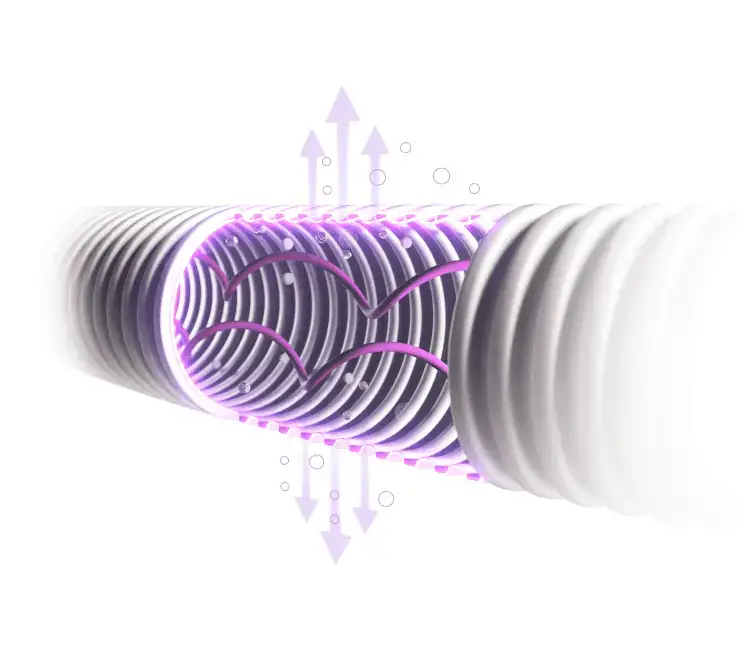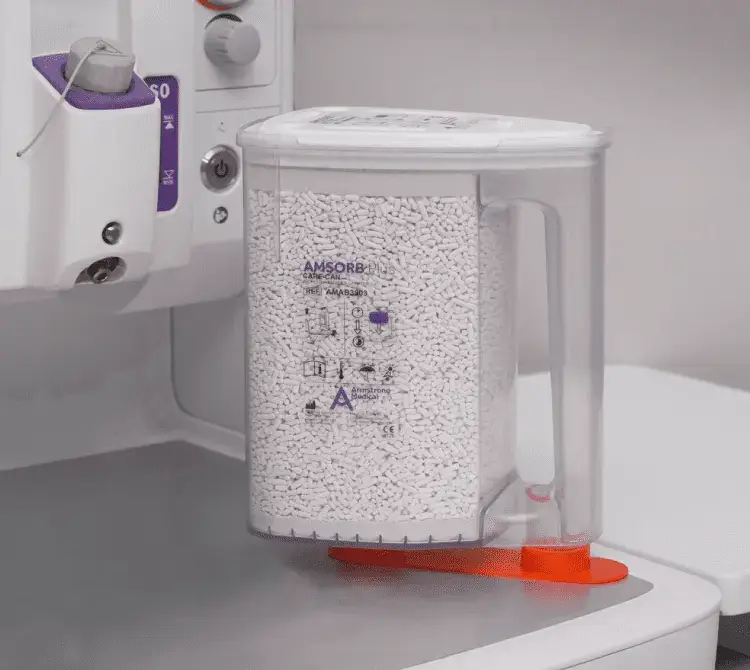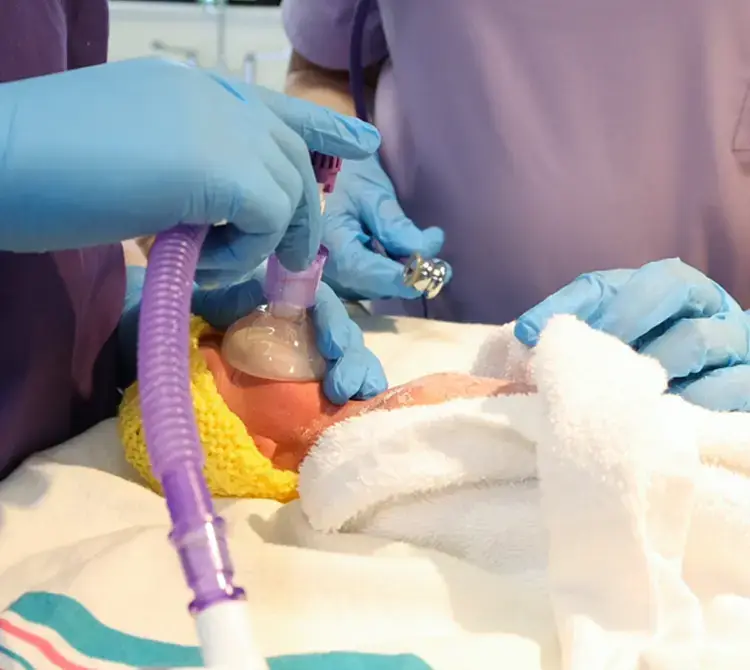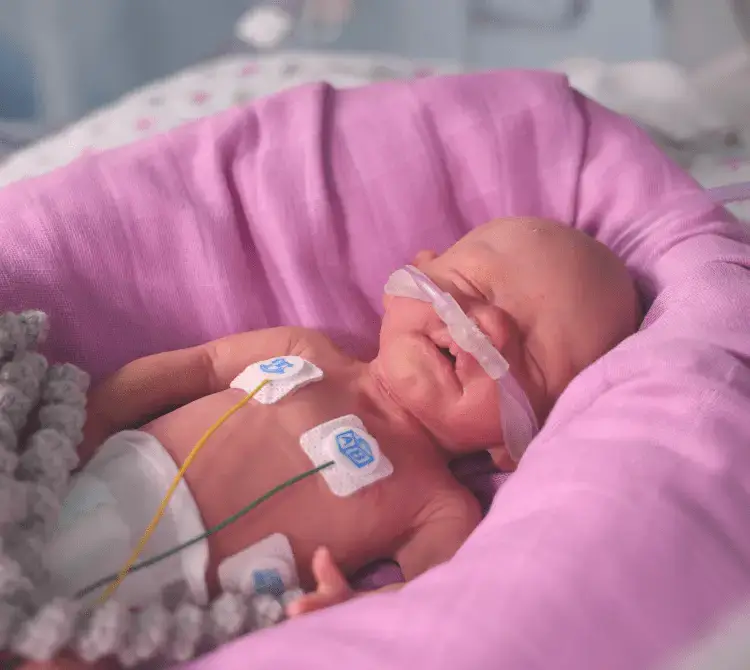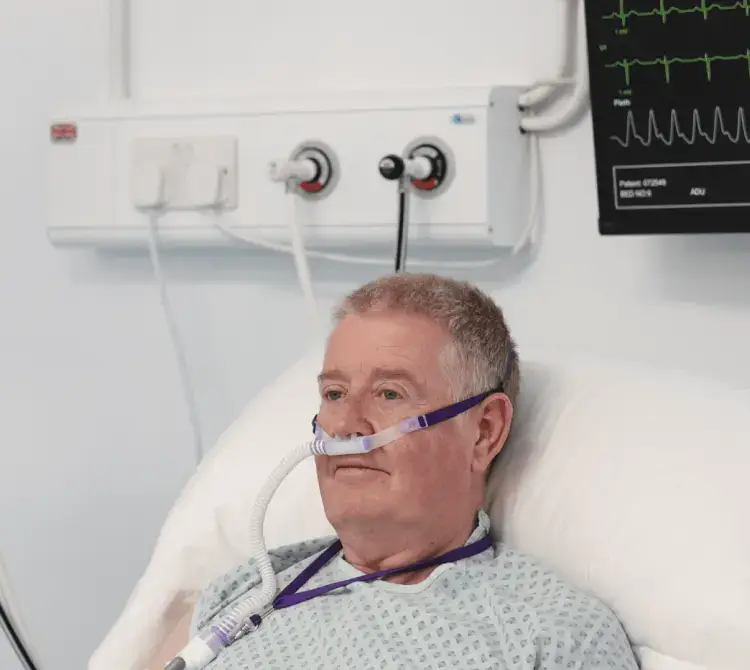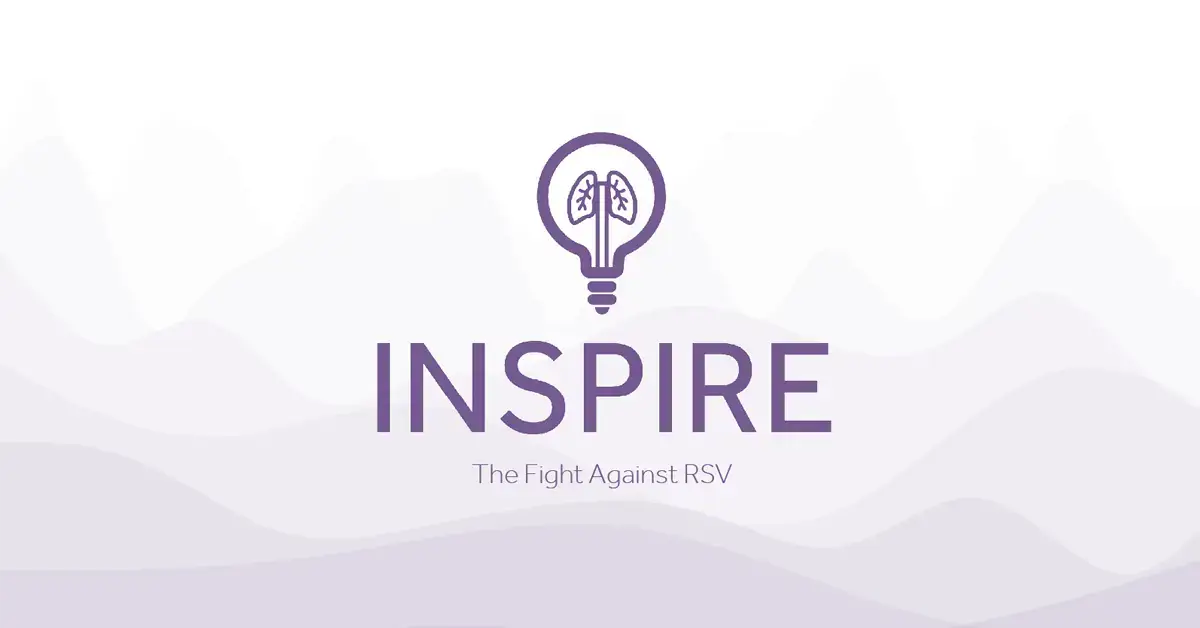

Once again, many healthcare institutions and providers face the annual onslaught of the many ‘winter respiratory illnesses’. Colds, Flu and COVID-19, continue to put extra pressure on healthcare services as more patients present with acute symptoms over the winter months. During this season young children are susceptible to the Respiratory Syncytial Virus (RSV), with many encountering it before their 2nd birthday and a large number of cases presenting themselves in the last several years.
We previously explored how RSV manifests and is transmitted in this blog (Respiratory Syncytial Virus - Be Prepared – Armstrong Medical).
RSV usually causes mild, cold-like symptoms, but can lead to more serious issues such as bronchiolitis and pneumonia which may require respiratory support, leading to hospital admission.
According to the Centre for Disease Control and Prevention (CDC) in the USA, RSV activity “remains elevated” across the country [1]. The CDC has also described seeing an increase in hospitalisation rates, for treatment of more acute symptoms associated with an RSV infection.
Providing a more detailed picture of the burden on the healthcare system in the United Kingdom, the Severe Acute Respiratory Infection (SARI) surveillance system was established in 2020 to report the number of confirmed cases of influenza, COVID-19 and RSV in the hospital setting that resulted in admission to critical care units (ICU or HDU) [2].
On average about 30,000 children under five are hospitalised with RSV in the UK annually [3] and 58,000 – 80,000 in the USA [4] but already this year hospitals seem to be reporting high levels of RSV infection. The number of hospitalisations related to an RSV infection puts strain on many already stretched healthcare providers. The cost associated with the treatment of RSV symptoms could be avoided by reducing the number of cases requiring hospital admission. One way to prevent or reduce admissions is via providing antibody therapy injections to infants.
Further to details of the Palivizumab antibody therapy [5] discussed in the above linked blog, another monoclonal antibody drug has been the focus of more recent trials with newly published results showing promising data. In an article published in December (2023) in the New England Journal of Medicine, the drug Nirsevimab, sold under the brand name Beyfortus, was shown to reduce RSV-related hospitalisations by 83% [6] when infants received a dose of the treatment. Overall admissions for chest infections also decreased by 58% [6] . Widespread use of these type of preventative treatments in the future may help to reduce the number of hospital admissions, therefore having a positive knock-on effect in terms of reduced winter pressures and decreased associated costs.
For infants that are hospitalised requiring respiratory support to relive their symptoms, low flow oxygen may be administered. For more severe cases the main methods of acute respiratory support remain Humidified High Flow Oxygen Therapy (HFOT), Bubble PAP and Paediatric CPAP. All these methods of respiratory support can be delivered using Armstrong Medical’s AquaVENT® FD140i gas flow driver and heated, humidified breathing systems with BioCote® antimicrobial protection to provide optimal therapy for their patients within the paediatric department.
CPAP Therapy | High Flow Therapy |
|---|---|
<10KGS | <25KGS |
nCPAP Flow Drivers | AquaVENT® FD140i or NeoFlow® Blender |
NeoFlow® nCPAP Generator and Bonnet | NeoFlow® High Flow Cannula |
NeoFlow® nCPAP Circuits | NeoFlow® High Flow Circuit |
>10KGS | >25KGS |
Paediatric NIV Mask | NeoFlow® Nasal Cannula |
AquaVENT® CPAP Circuits | AquaVENT® High Flow Circuits |
